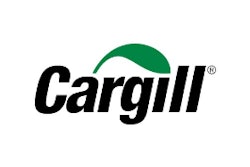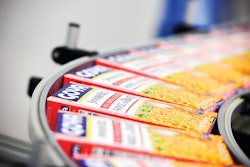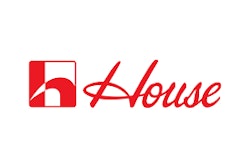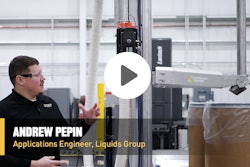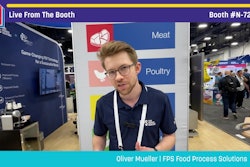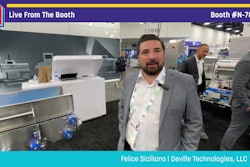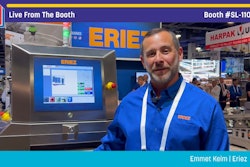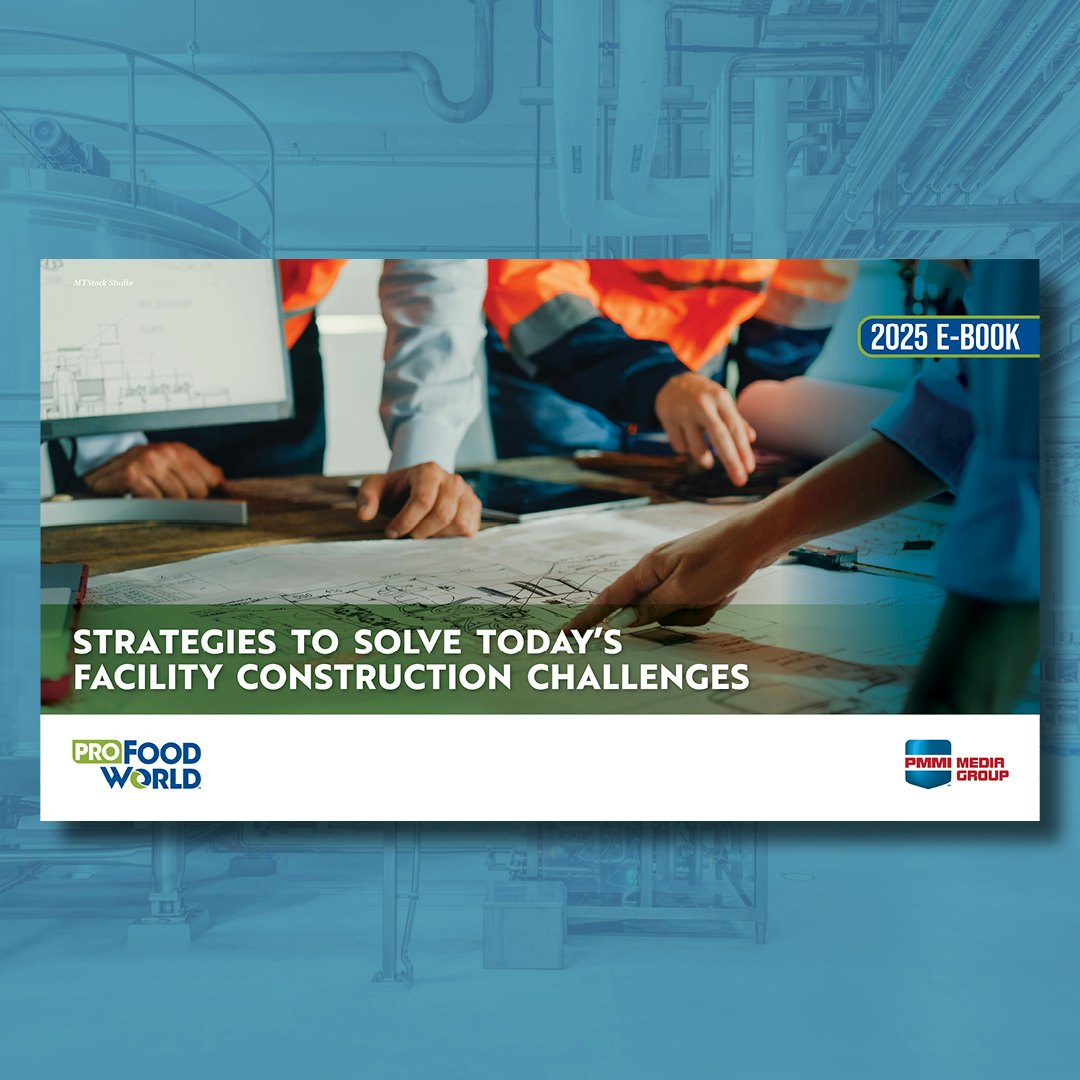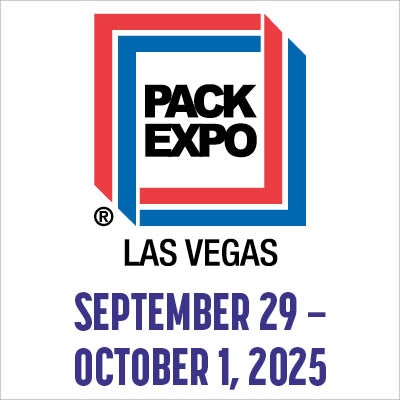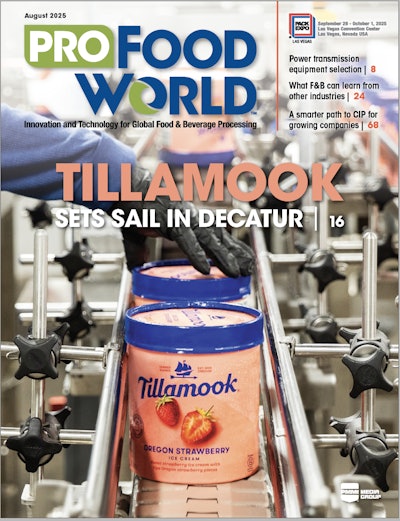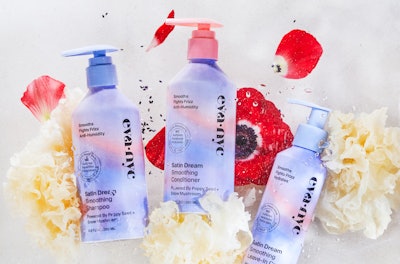
A while back, Packaging World editors began noticing a spate of personal care products—largely soaps, shampoos, and conditioners—making a shift out of traditional high-density polyethylene or PET bottles and into aluminum bottles. These weren’t the biggest-volume national brands or store brands; those making this switch have tended to be specialty brands meeting the needs of a specialty consumer. Product elements often include organic, vegan, animal cruelty-free, palm oil-free, and the like. These brands were asking themselves how to extend this “better ingredients, better materials” image to the package itself, and help stand out on the shelf, and aluminum has turned out to be a favorite answer.
A few reasons for that include the fact that consumers of these specialty brands value sustainability and do so more than the average person purchasing a store brand on price. Rightly or wrongly, consumers tend to perceive aluminum as more recyclable, and thus more sustainable, than plastic. Each brand we spoke to rattled off stats on recycling rates, and aluminum seems to consistently outperform plastic in terms of sustainability perception. Many of these brands tout the “infinite” recyclability of aluminum alongside consumer recycling adoption, noting no degradation from cycle to cycle like plastics can undergo. And several of these brands cited less energy required to recycle aluminum compared to plastics.
 | Watch related video discussing these new personal care products using aluminum. |
And while aluminum is more expensive, these brands’ consumers are far less price conscious than the typical person, not to mention the products themselves carry higher margins. In many cases, aluminum bottles can run on the same plastic filling and packaging equipment that the brands already use, and may use the same closures or dispensers (often polypropylene, which is recyclable). We do hear rumblings about a global aluminum shortage, but that seems to be concentrated in the lowest-margin, highest-volume 12-oz aluminum cans used in beer and soda. Higher-margin, heavier-gauge aluminum bottles with closure threading don’t appear to be at risk of being too scarce, though brands are keeping a close eye.



